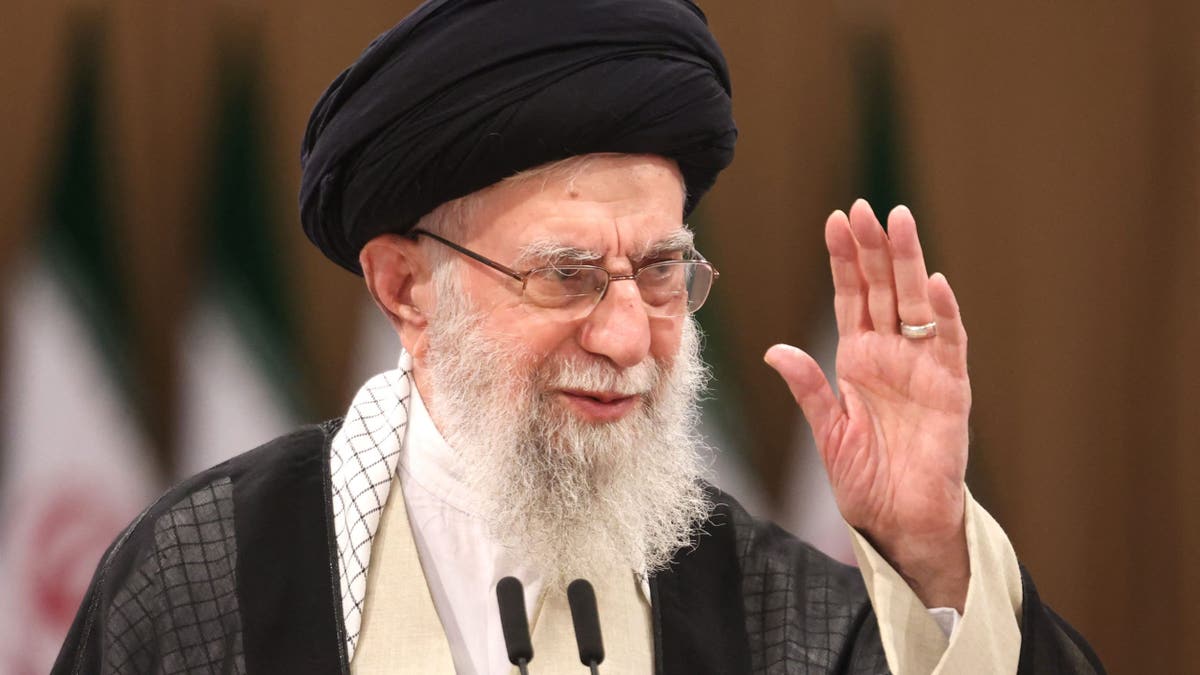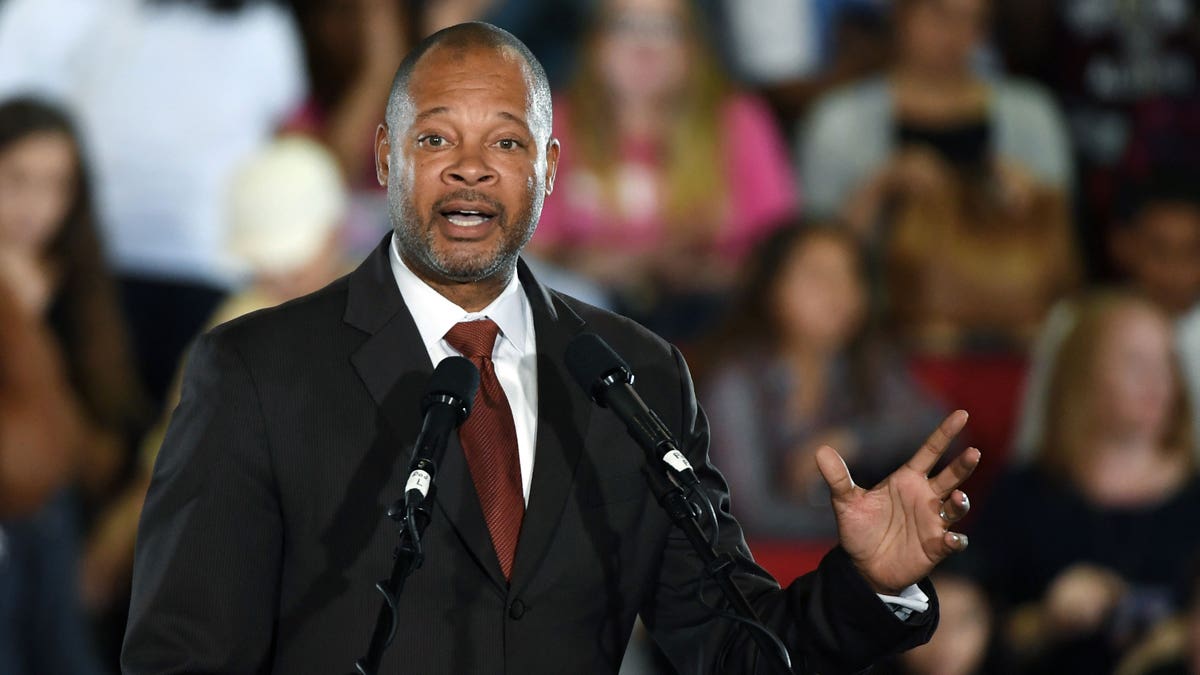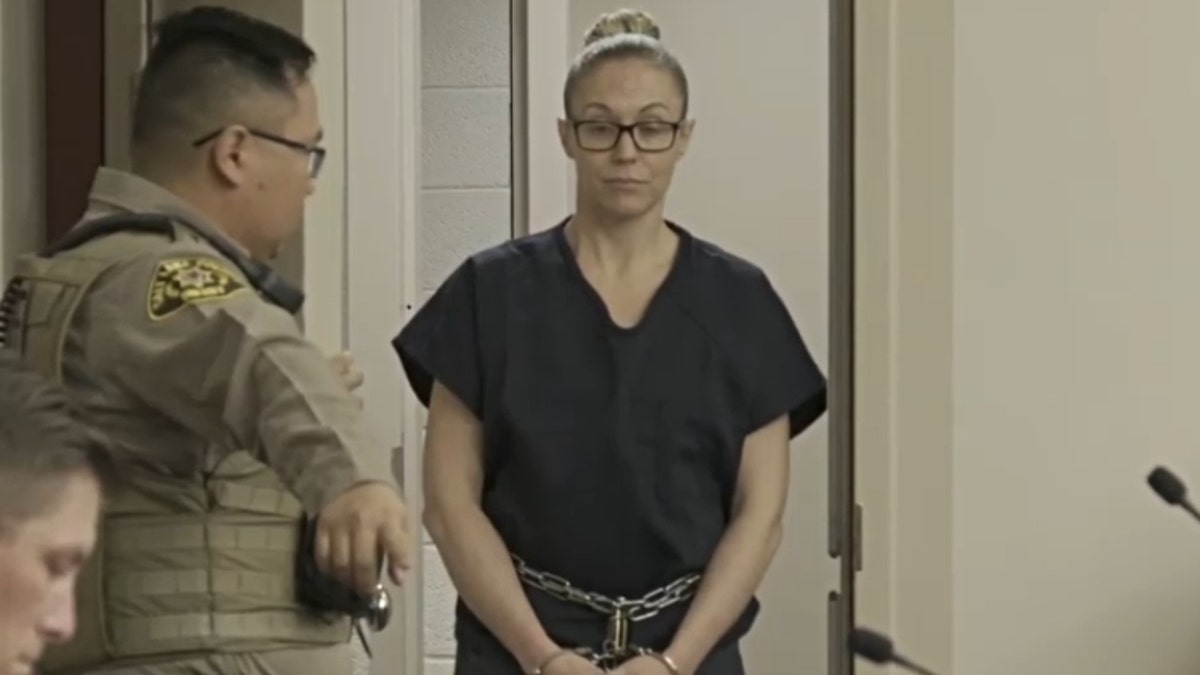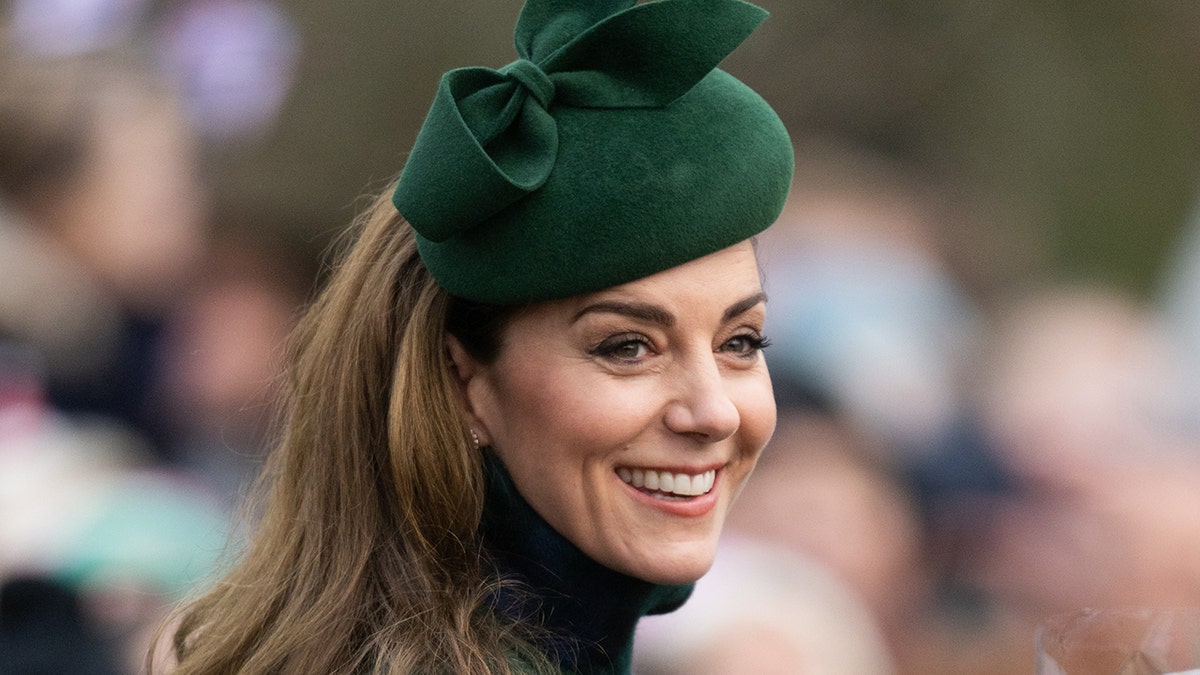Former President Donald Trump's recent arrival in Florida included a press conference where he briefly touched upon a possible peace agreement between Ukraine and Russia, sparking debate and speculation about the future of the conflict.
A key point of contention revolves around the Trump administration's potential strategy of excluding European allies from direct negotiations. While this approach has caused concern among European leaders, some experts, like strategic military intelligence analyst Rebekah Koffler, believe it might be the most effective path to resolution. Koffler argues that the lack of consensus among NATO members regarding Ukraine's membership and the limited decision-making power of European nations in this context make their direct involvement less crucial. She emphasizes that the primary "deciders" are Putin and Trump, with Putin holding a significant advantage due to the current battlefield dynamics.
French President Emmanuel Macron hosted a meeting with European leaders to address Trump's potential plan, highlighting the anxiety surrounding the prospect of being sidelined in negotiations that hold significant implications for the continent. Despite the uncertainty, Trump has affirmed that Ukrainian President Volodymyr Zelenskyy will be included in any peace talks.
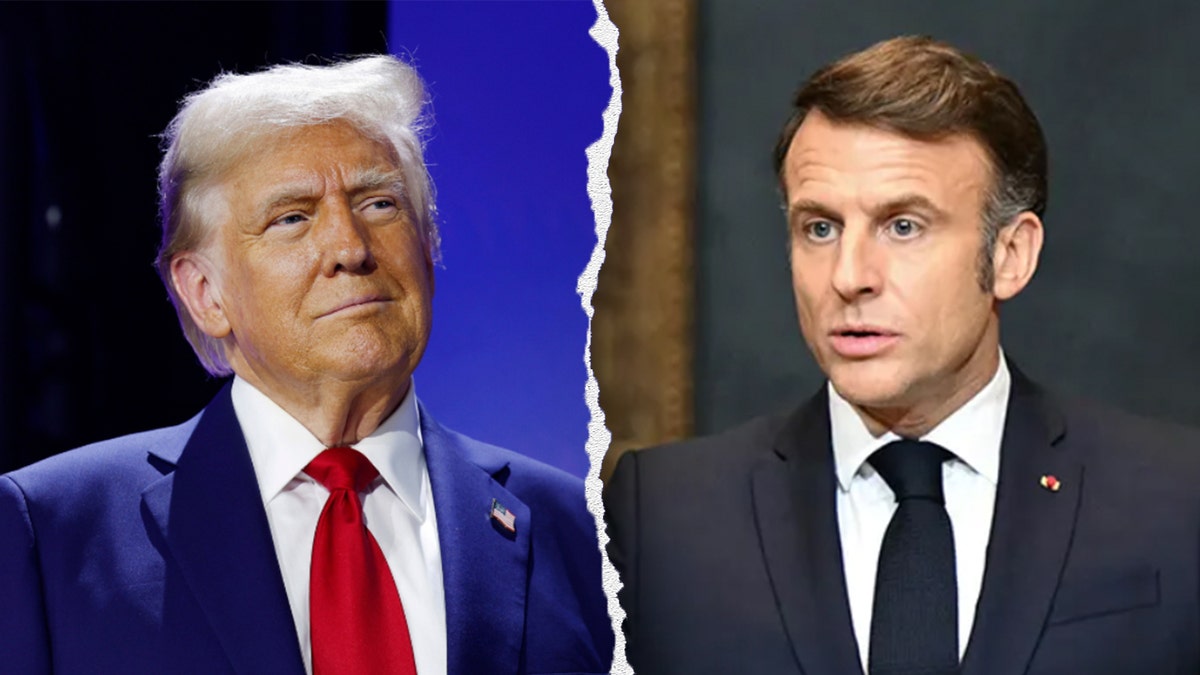
Reports indicate a "frank" discussion took place between Macron and Trump shortly before the Paris meetings, although the specifics remain undisclosed. The urgency of the meeting stems from a security conference in Munich where Keith Kellogg, Trump's special envoy for Ukraine and Russia, suggested the potential exclusion of European leaders from a U.S.-brokered deal. Kellogg explained this stance by emphasizing a "school of realism" approach, aiming to streamline the negotiation process. He expressed hope for a resolution within weeks, not months.
Koffler agrees with this realistic perspective, believing Trump recognizes Ukraine's disadvantaged position in the conflict. She criticizes the Biden administration and mainstream media for allegedly misrepresenting the situation and creating an "alternate reality" regarding Ukraine's prospects. She asserts that any objective military analyst would have foreseen the current state of affairs.
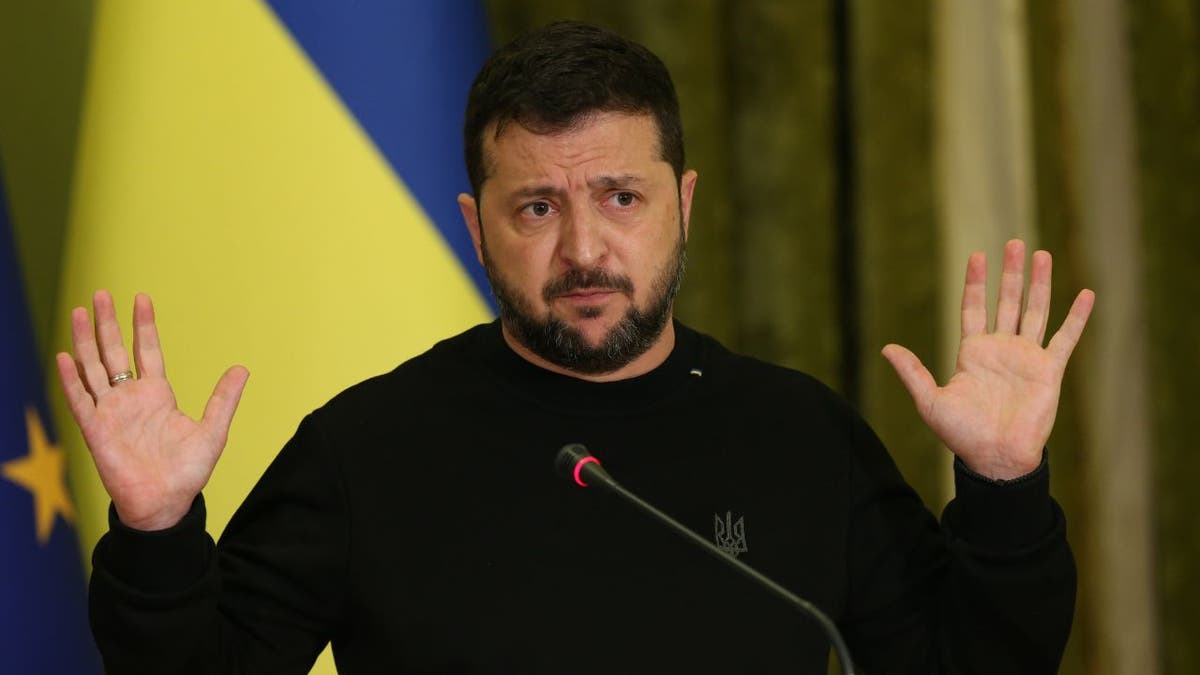
Conversely, Joel Rubin, a former State Department official in the Obama administration, cautions against excluding European allies. He believes their involvement is essential for a sustainable resolution and for sharing the costs of any resulting guarantees. Rubin argues that while including European leaders might initially complicate negotiations, their support is crucial for long-term stability, given the direct impact of the conflict on Europe.
Macron's meeting in Paris included leaders from several European nations, reflecting the widespread concern over the potential ramifications of Trump's approach. Koffler, however, maintains that Trump is uniquely positioned to navigate the complexities of these negotiations, given his willingness to acknowledge the realities on the ground and his understanding of Putin's position. She suggests that Trump's proposed concessions, such as Ukraine's non-NATO status and Russia retaining control of eastern Ukraine and Crimea, are aimed at achieving a resolution, even if it means facing criticism for perceived concessions to Putin.
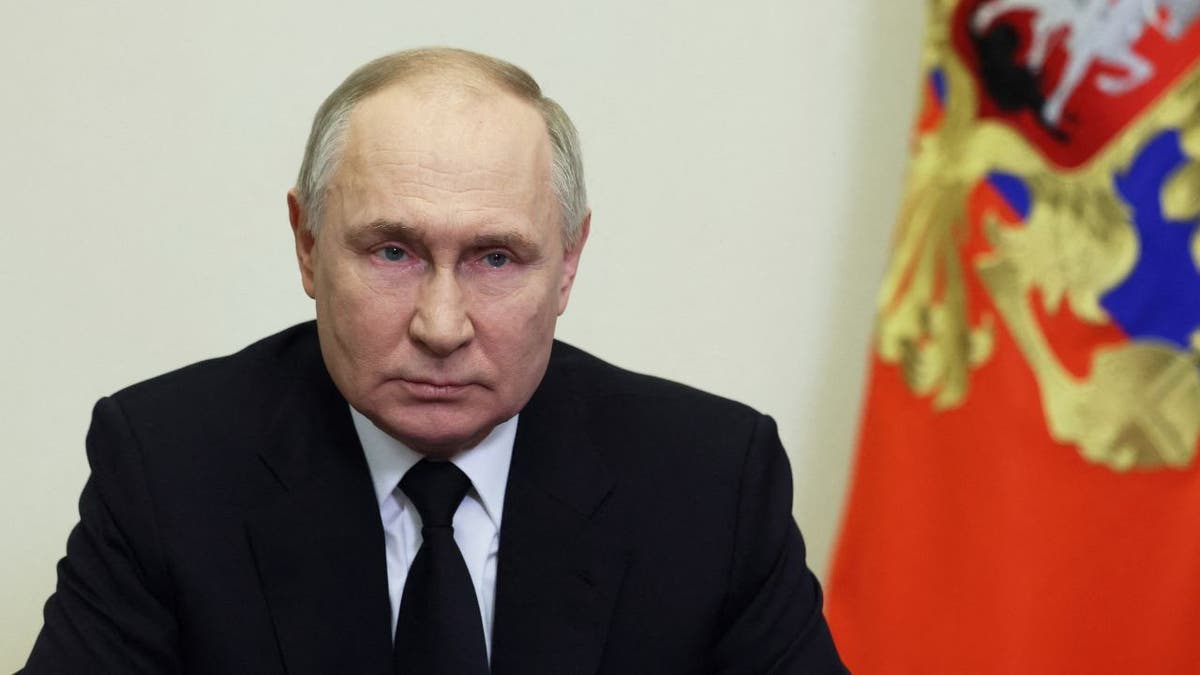
Koffler acknowledges the inherent difficulties of the negotiations and the limited leverage over Russia, emphasizing the potential complications of involving European nations. She anticipates a challenging process, with Putin likely taking a hard-line stance. The ultimate outcome and the effectiveness of Trump's approach remain uncertain, fueling ongoing debate and speculation about the future of the Ukraine-Russia conflict.


